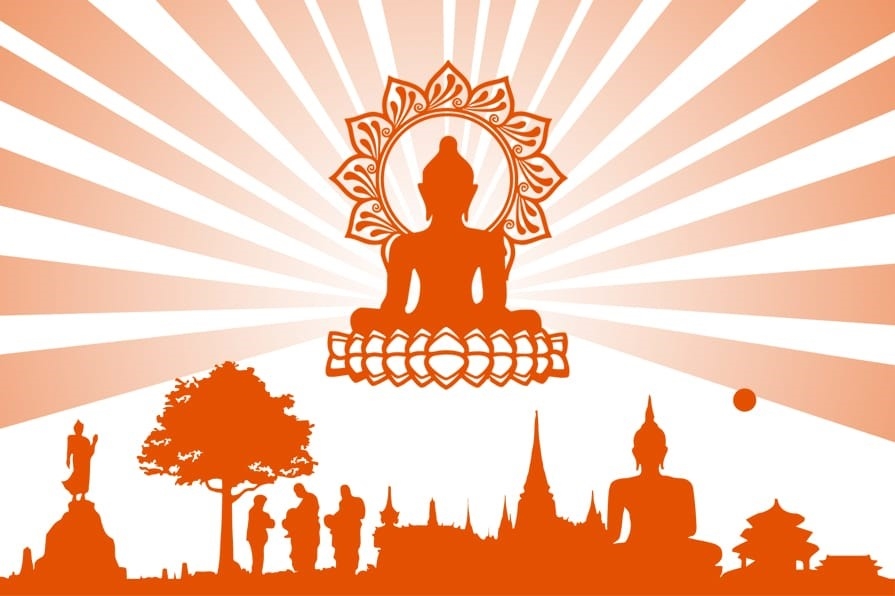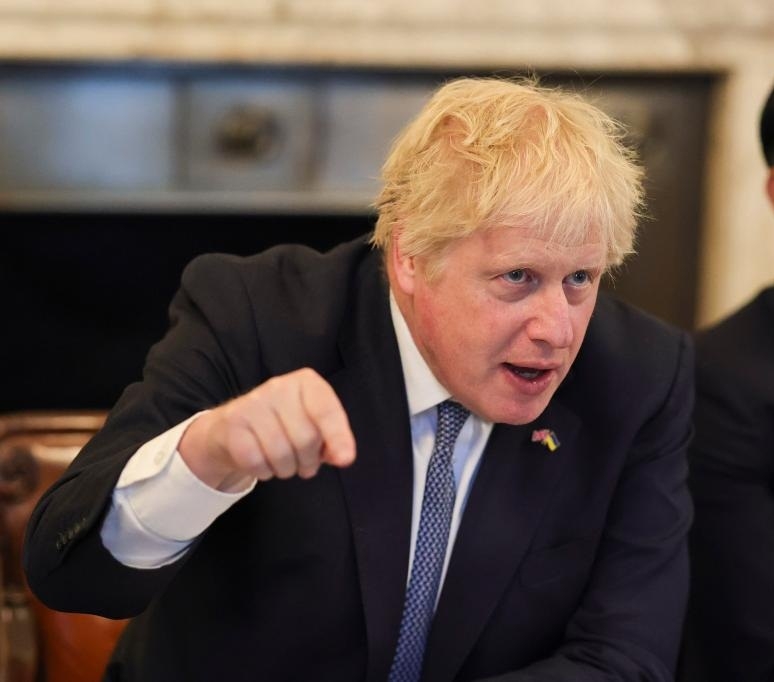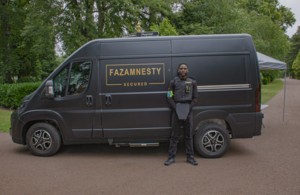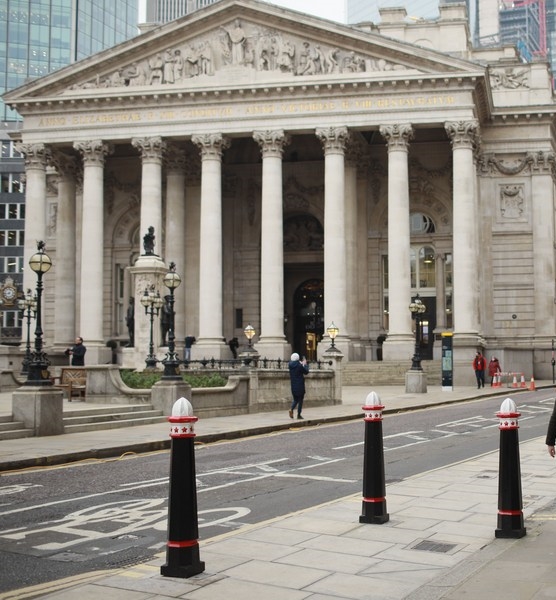The Indian government had expressed that the sale offended the global Buddhist community and violated both Indian and international laws, as well as United Nations conventions
Sotheby’s auction house has announced the postponement of a highly controversial sale of hundreds of sacred jewels linked to the Buddha’s remains, following a threat of legal action from the Indian government.
The collection, known as the Piprahwa Gems of the Historical Buddha Mauryan Empire, Ashokan Era, circa 240-200 BCE, had been scheduled for auction on May 7 in Hong Kong. However, the sale has been suspended to allow for discussions between Sotheby’s, the consignors, and the Indian government.
The collection, described by Sotheby’s as one of the most astonishing archaeological finds of the modern era, has drawn significant criticism from Buddhist academics and monastic leaders. The Indian government had expressed that the sale offended the global Buddhist community and violated both Indian and international laws, as well as United Nations conventions.
The relics were unearthed nearly 130 years ago by British official William Claxton Peppé, who discovered them alongside bone fragments identified as belonging to the Buddha himself. Peppé, an English estate manager, excavated a stupa at Piprahwa, just south of Lumbini, the believed birthplace of Buddha. The findings included nearly 1,800 gems, such as rubies, topaz, sapphires, and patterned gold sheets, stored inside a brick chamber. This site is now located in the state of Uttar Pradesh in India.
In a letter to Sotheby’s two days prior to the scheduled auction, the Indian government stated that the relics constituted “inalienable religious and cultural heritage of India and the global Buddhist community.” The government argued that the sale of these relics violated Indian and international laws and contravened United Nations conventions.
Following the receipt of this letter, a high-level Indian government delegation held discussions with Sotheby’s representatives on Tuesday. In an emailed statement, Sotheby’s acknowledged the concerns raised by the Indian government and announced that, with the agreement of the consignors, the auction had been postponed. The auction house stated that updates on the ongoing discussions would be shared “as appropriate.”
By Wednesday, notice of the gems sale had been removed from Sotheby’s auction house website, and the webpage promoting the auction was no longer available. Sotheby’s had previously described the 1898 discovery by William Claxton Peppé as “among the most extraordinary archaeological discoveries of all time.”
The postponement of the auction has been met with relief by many in the Buddhist community, who view the relics as sacred and integral to their cultural and religious heritage. The Indian government’s intervention highlights the importance of protecting and preserving cultural artifacts, especially those with significant religious significance.
As discussions continue between Sotheby’s, the consignors, and the Indian government, the fate of the Piprahwa Gems remains uncertain. However, the postponement of the auction marks a significant step in addressing the concerns of the global Buddhist community and underscores the need for respectful handling of sacred relics.
The outcome of these discussions will have far-reaching implications for the auction house industry, cultural heritage protection, and the global Buddhist community. It remains to be seen whether a resolution can be reached that honors the sanctity of the relics while addressing the legal and ethical considerations involved.
A portion of the bone relics was gifted to the King of Siam, while a selection of funerary gems retained by W.C. Peppé’s great-grandson, Chris Peppé, was listed for auction.
Upon learning of the auction through media reports, the Director-General of the Archaeological Survey of India (ASI) wrote to the Consulate-General of Hong Kong, requesting an immediate halt of the auction. During a bilateral meeting on the same day, Union Culture Minister Gajendra Singh Shekhawat raised the matter with Lisa Nandy, U.K. Secretary of State for Culture, Media and Sport, emphasising the relics’ cultural and religious significance and urging immediate action.
On May 5, after a review meeting, the Union Culture Secretary sent a legal notice issued to Sotheby’s and Chris Peppé on the same day, demanding the auction’s halt.
The Ministry of External Affairs (MEA) was requested to follow up through its Europe West and East Asia Divisions with embassies in the U.K. and Hong Kong to ensure the auction’s stoppage.
On May 5, Sotheby’s Hong Kong acknowledged the legal notice via email, assuring that the matter was under consideration and a written reply would be submitted.
On May 6, a high-level delegation led by the Secretary, Ministry of Culture, including the Joint Secretary (East Asia Division, MEA) and the Consul-General of India to Hong Kong, held discussions with Sotheby’s representatives. The delegation highlighted that the relics were not ordinary artefacts but held sacred significance for millions of Buddhists worldwide. It was further emphasised that the relics rightfully belong to India, from where they were taken during the colonial era.
Late on May 6, Sotheby’s Hong Kong informed via email that the auction of the Piprahwa Relics was being postponed and further discussions were proposed. The auction page was subsequently removed from Sotheby’s website, the Culture Ministry said in an official statement on May 7.
The Ministry’s efforts were supported by The Permanent Representative of India to the United Nations Educational, Scientific and Cultural Organization (UNESCO); Krista Pikkat, Director, UNESCO; Buddhist organisations from India, Sri Lanka, and other countries; Naman Ahuja, professor, who filed a representation with the Prime Minister’s portal; and national and international media.
The Ministry of Culture, in collaboration with the ASI and MEA, will now engage all stakeholders to advance discussions on the repatriation of the relics to India, the statement said.














